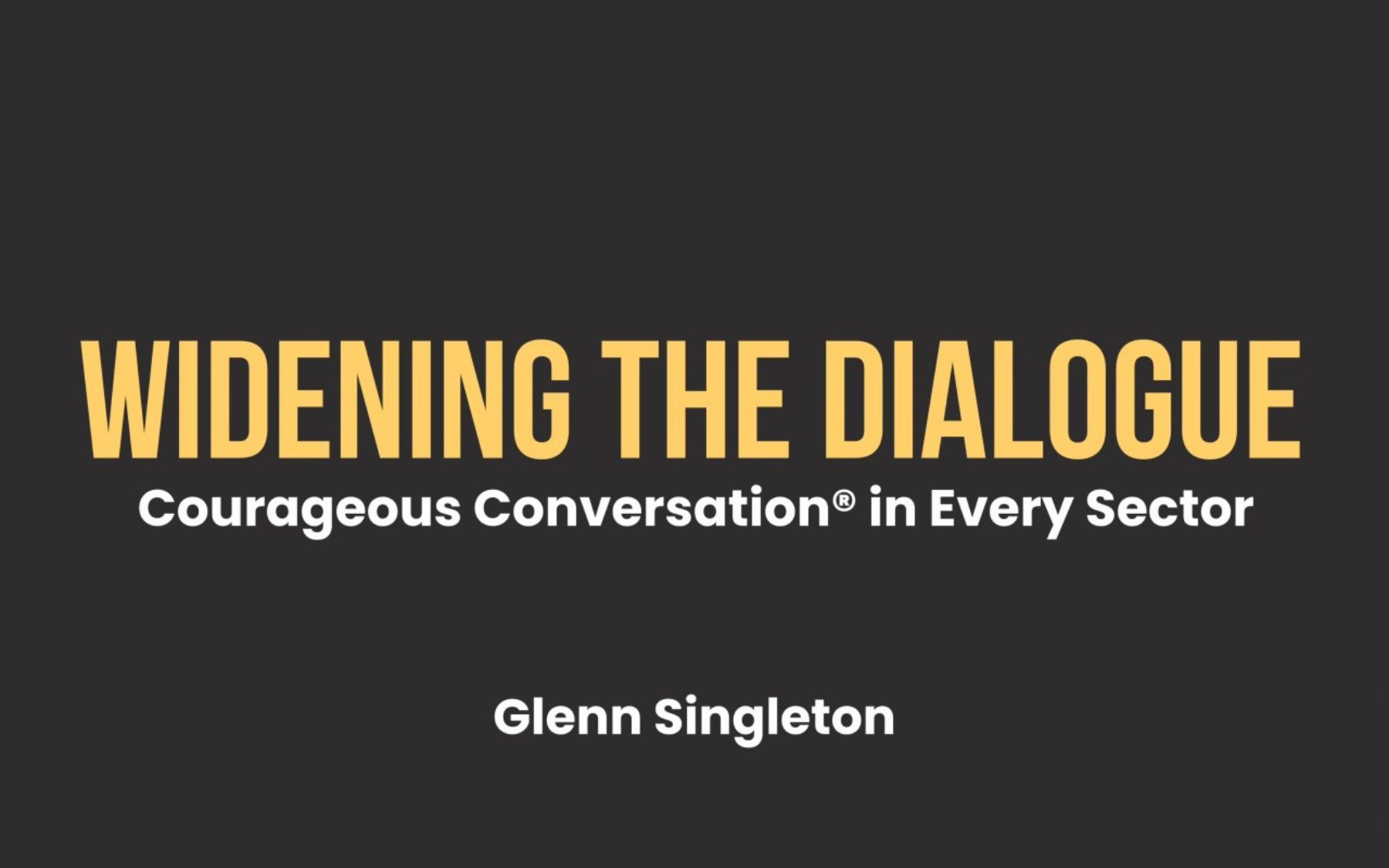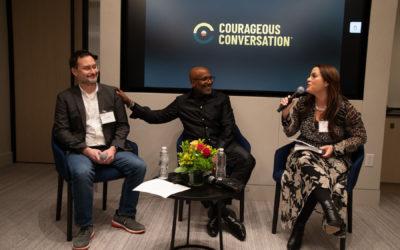By Glenn Singleton—October 31, 2023
Deep-seated racial inequalities exist in every facet of society, from business and education to healthcare and entertainment. These disparities show up in many ways – machine learning bias, uneven healthcare outcomes, and limited diversity in STEM-related professions and Fortune 500 boardrooms. While these issues sometimes make headlines, they are merely indicative of a much broader problem: the impact of race. Despite an earnest desire to improve equity within, most organizations who start EDI initiatives settle for superficial changes that may present good optics but produce no positive or lasting change. In fact, some cosmetic attempts at equity harm groups and individuals who are already marginalized, setting an organization back in its EDI journey, eroding the trust of stakeholders and instilling fear around future attempts at equity. To effect substantive change in the racial disparities that plague us, we must not only appreciate the impact of race but prioritize racial equity as a continuous practice instead of leaving it as an afterthought.
My Approach: We Must Talk About Race
Systemic racism is the most devastating factor contributing to the diminished capacity of all people to achieve at the highest levels; this is particularly true for people of color and indigenous people. Particularly in America, the horrors faced around race are neither new nor isolated but widespread, profoundly consistent, and centuries-old; they are manifestations of the inherent inequality, deliberately spun into the foundational threads of our social fabric. Addressing them requires ongoing, intentional conversations that are honest, compassionate and sustainable. Relevance and authenticity require that these dialogues be rooted in racial contexts that are personal, local, and immediate. Courageous Conversation® provides the tools that make them not only possible but effective. We can eliminate racially predictable outcomes. My thirty years of experience in empowering organizations to do just that proves this. However, before we can eliminate such outcomes, we must be able to talk about them together and in the right way. So, how do we do that? By building up our skills, strengthening our will, and growing in knowledge and capacity.
Skill, Will, Knowledge, and Capacity
While working in education, it became clear to me that administrators and educators lacked the essentials needed to effectively discuss race, or to address the racial disparities they faced. My experience in other sectors has confirmed that leaders in every industry face a similar challenge. To build racially equitable organizations, leaders need the proper tools.
Read more on LinkedIn.




